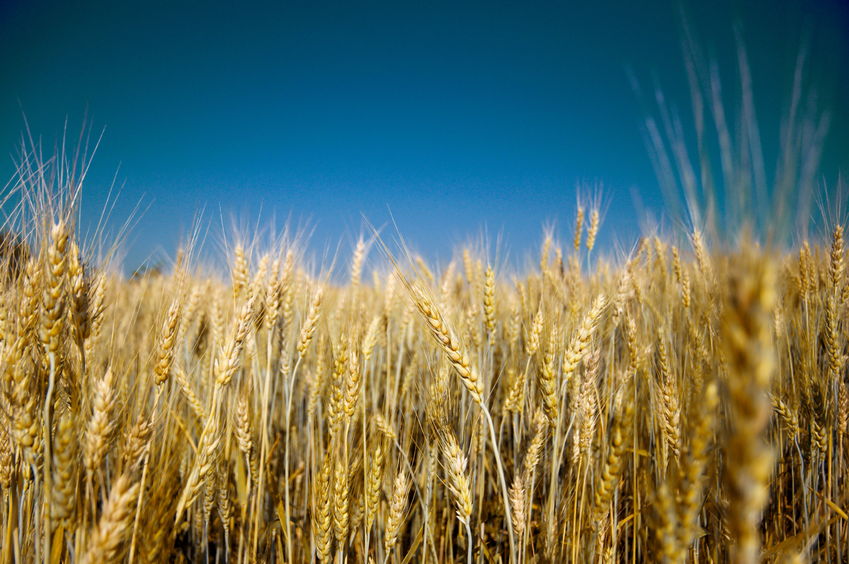
Scottish farmers are now reporting better than expected yields following the tumultuous weather experienced during winter and summer.
A long, cold, wet winter suddenly turned into the joint hottest summer on record for the UK, and farmers feared the worst for their 2018 harvest.
With farmers inputting across most of Scotland, many are currently trying to finish off harvest in between spells of rain.
Across the board many have seen poorer than average yields from winter and spring barley as well as for straw.
The picture for wheat has been mixed, with some reporting good quality, whilst others stating that it got hit hard at the start of the summer and never fully recovered.
According to NFU Scotland, spirits are high amongst farmers, who feel it could have been much worse considering the weather experienced.
NFU Scotland Combinable Crops Chairman, Ian Sands, who farms in Perthshire, said that farmers had an uphill battle early in the year to get everything ready and planted for autumn harvest.
“Going into the spring period with the bad weather that we had was a serious problem for many of our combinable crops members,” Mr Sands said.
“Following up this wet winter and spring with such an unseasonably hot and dry summer could have been disastrous for cereal farmers who require a healthy balance of warm and damp weather to produce the crops that we are renowned for.
“Here in Perthshire, yields are nothing special but okay considering the conditions we have had to endure over the last few months. Straw yields have been pretty poor per acre but that is to be expected with the long, dry spell stopping growth.
“An upside of the hot weather is that most grain will be at an acceptable moisture and less drying will be required.
Mr Sands added: “Winter crops are getting sown into good quality seed beds and are well ahead of last year, when we struggled to clear fields of some crops and did not have the conditions to start sowing when we needed to.”
